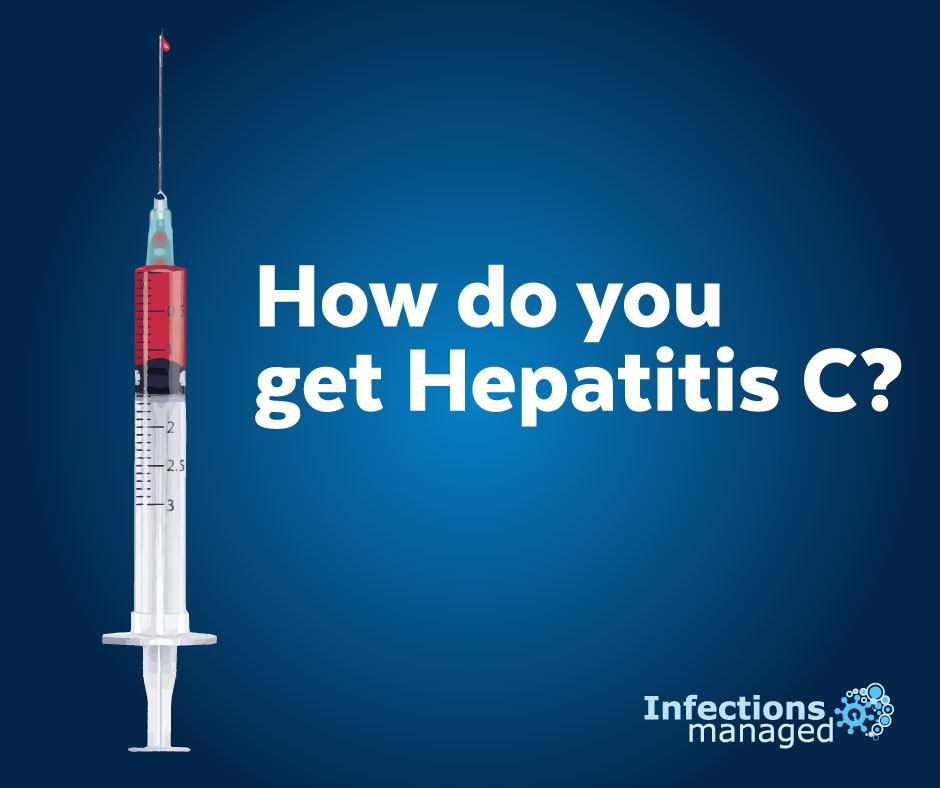Although most people are aware that hepatitis C is a dangerous infection, few actually know how can you get this disease. Let’s take a look at the facts so that you know how to protect yourself!
The most important thing to remember is that the hepatitis C virus (HCV) can survive only in blood. In other words, the blood of an infected person has to enter the bloodstream of another person to infect them.
This means that you can NOT get hepatitis C from:
- Hugging or kissing an infected person
- Sharing household utensils like forks and spoons
- Breastfeeding (there have been no reported cases of HCV transmission from mother to child through breast milk)
- Being bit by an insect who had recently bit a person with hepatitis C
On the other hand, here are the most common hepatitis C transmission routes:
- Organ transplants, transfusion of blood and blood products that haven’t been tested for hepatitis C (extremely rare, estimated risk about 1.2 cases per 100,000 blood donations)
- Sharing syringes or needles to make injections (medications, drugs, etc.)
- Although rare, transmission of HCV is possible through sexual contact, especially in homosexual male couples
- Getting a body piercing, a tattoo, or a similar body modification in a setting without proper sterilization means
If you have ever been through at least one of the described events, it’s highly recommended to get tested for hepatitis C. Remember that early detection saves lives, and modern hepatitis C treatment is able to cure the disease in about 97% of the cases.
Getting tested for hepatitis C is easy and can be done in almost any modern laboratory, so make sure to schedule an appointment with a doctor you trust to discuss the matter and agree on the next steps to take.
Remember: nowadays, hepatitis C is a curable disease!
Don’t hesitate to schedule an appointment if you or a loved one has been diagnosed with hepatitis C: every day counts!
Treat & Beat. We are here to help you!
Read more:
https://infectionsmanaged.org/everything-you-need-to-know-about-hepatitis-c/
https://infectionsmanaged.org/what-are-the-symptoms-of-hepatitis-c/


